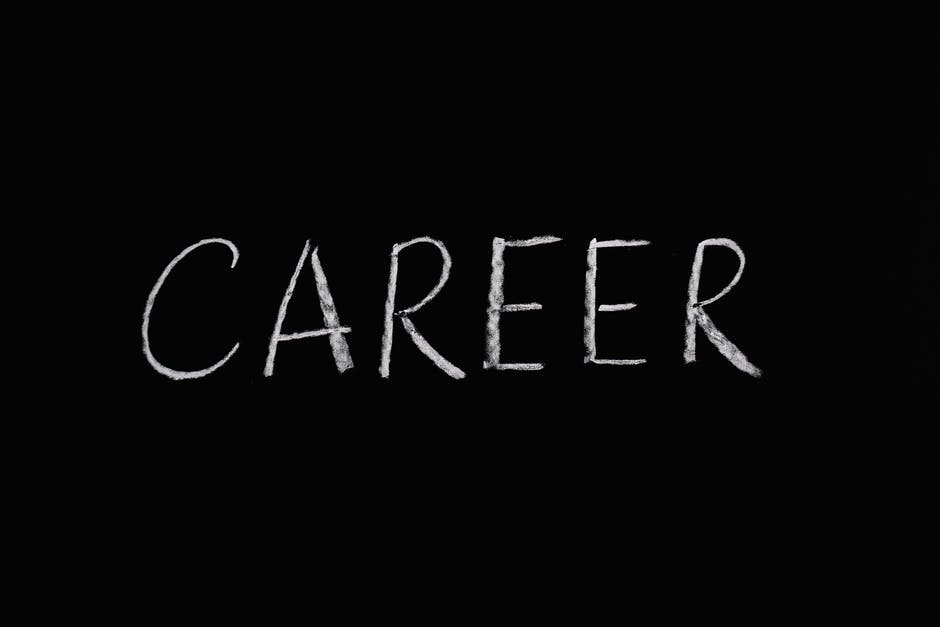 Are you feeling stuck in your current job? Are you ready for a major change, but don’t know how to get started? Well, you’re not alone.
Are you feeling stuck in your current job? Are you ready for a major change, but don’t know how to get started? Well, you’re not alone.
Almost half of all employees surveyed in a poll say they’re unsatisfied with their work, after all.
But rest assured, you’re far from helpless. Instead, it’s time to reframe, assess your life, and find a career that you’re going to love.
And with the help of a vocational assessment, that’s easier than you might think. Keep reading to find out more!
What Is a Vocational Assessment?
The first thing to know when understanding vocational assessments is that it’s more of a personality test than an assessment of your job skills.
With that said, there’s a great deal that a vocational assessment can teach you about yourself, such as your leadership style and transferrable skills.
It might sound intimidating, but you’ve probably taken one before! Most high schools have students fill out short assessments during their senior year so school counselors can guide them during the college applications process.
How Does the Assessment Work?
The process is fairly straightforward and should take around 3-5 hours to complete. Questions tend to be open-answered to inspire test takers to elaborate.
First, you’ll fill out some basic information about yourself, like your education level, current salary, and job title.
Next, you’ll go into greater detail about some of your hobbies and how the skills you use in your current job may spill over into those hobbies.
You’ll also answer questions about past jobs and whether you enjoyed your time in previous positions.
Finally, you’ll provide some information on your dream job and any career aspirations you may have.
It sounds like a lot — and it is — but the more detail you provide, the more thorough your results are.
Is an Assessment Necessary?
For the most part, no. While an assessment isn’t necessary, it’s a good idea in certain cases, such as when you’re trying to figure out your next career move.
At the same time, there are some situations where a vocational assessment guide might actually be necessary. If you’re injured, for example, a lawyer may ask you to take vocational rehab assessments to understand your compensation structure. This will allow your legal team to calculate potentially lost wages which can benefit your case.
Likewise, some job agencies may ask you to take an assessment so they can match you with the best jobs.
What to Know About Your Vocational Assessment
Before we say goodbye, let’s do a quick recap of what we covered in today’s vocational assessment talk.
While it might sound like an intimidating test, it’s little more than a way for you and your recruitment partners to better understand your personality. It won’t take more than an afternoon to complete, but you’ll learn a ton about yourself and what jobs might be a great fit for you.
At the same time, it’s important to remember that these results are only a snapshot. Don’t feel pigeonholed by the results.
For more tips on finding the perfect job, make sure to stay posted to our blog!

Leave a Reply